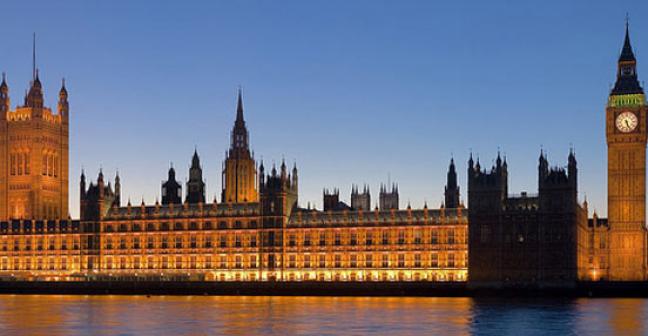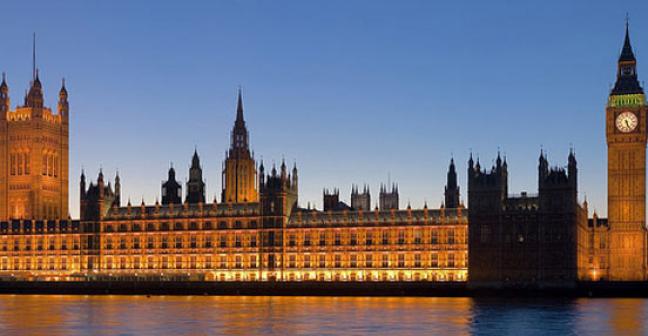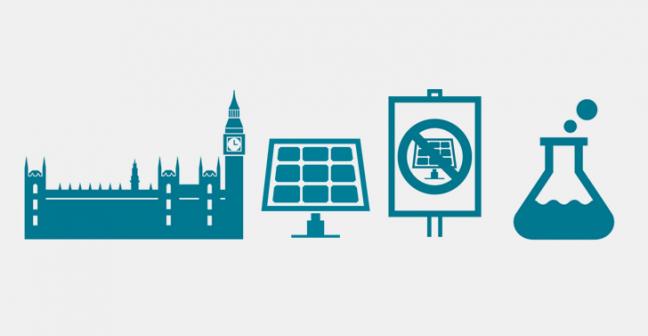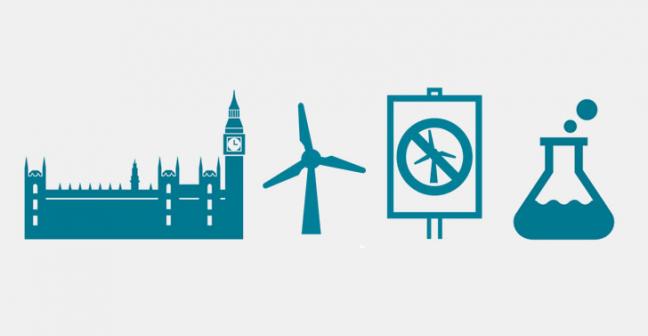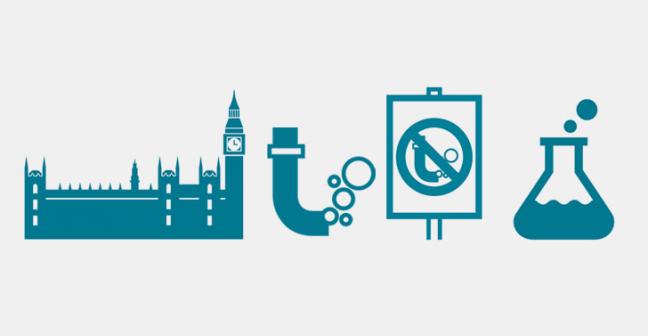The IES is supporting its members in adapting to changes in the EIA regulations, as well as aiding them in developing and demonstrating their own competence. It is important to members that their professional body sets out clear policies and expectations, both for clarity and to protect them in...
Discussion paper content
Sooner than expected, the nation is returning to the polls. Backed by Parliament, Theresa May has called a General Election for the 8th June 2017, three years earlier than anticipated under the Fixed Term Parliaments Act.
We are therefore turning our attention to the parties’ manifestos,...
As the 7th May draws closer, the General Election campaign is nearing its end. However, so far it seems that we've heard relatively little from the prospective candidates and party leaders about their environmental policies. Environmental issues have generally been eclipsed in debate by the...
In the last of our series of factsheets on energy generation technologies we look at solar photovoltaics (PV).
Although there are some exceptions, solar energy generation is fairly uncontroversial in the UK. Nevertheless, despite the widely recognised need to increase the proportion of...
Our latest energy factsheet looks at the generation of wind energy. It is widely accepted that to combat climate change we need to increase the proportion of renewables in our energy mix, but windfarm developments can be highly controversial, whether on- or offshore.
The UK is now the...
The latest addition to our series of energy factsheets looks at a method not of energy generation, but for the disposal of waste products from the burning of fossil fuels: carbon capture and storage (CCS). CCS involves capturing Carbon dioxide released from the burning of fossil fuels,...


